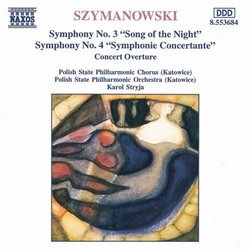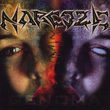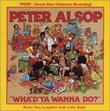Good Performances of Early 20th Century Polish Music
Christopher Forbes | Brooklyn,, NY | 01/22/2003
(4 out of 5 stars)
"For many people the history of Polish music begins and ends with Chopin. For those of more avant-garde tastes, the country goes underground musically for over 100 years, only to reemerge in the late 50s with Lutaslowski and Penderecki. But this is to underestimate many great composers in the country in between, and perhaps the greatest of these undervalued composers is Szymanoski. Szymanoski began his career as a late romantic under the influence of Strauss and Wagner. This period is represented on this disc by the Concert Overture. On the surface the work is very Straussian, however there are hints of the more adventurous composer to come in the tensely dissonant lines of the music. If Szymanowski had remained in this style, he would be an interesting, if minor late-romantic. But fortunately, he fell under the influence of more advanced music. The Symphony No. 3 is the crowning acheivement of Szymanowski's second period. This period shows influences of Scriabin, Debussy and Busoni in the extended tonality. Though Szymanoski's music is never just an assembly of influences. This symphony is a setting for chorus, tenor soloist and orchestra of poems by the Sufi poet Rumi. Szymanoski prooves a master of the exotic, creating an atmophere which is spiritual, sensual, but not the least deriviative or condescending of the East. This is a truly lovely early 20th century work. The Symphony No 4 comes from the composer's last period. In it, Symanowski retreated from his more "atonal" style and enriched his music with Polish folk music. The piece is really almost a Piano Concerto and resembles nothing so much as the Bartok Third Concerto, though it was written some 15 years before the Hungarian master's great creation. The piece is immediately attractive, but with greater depth each time you listen to it. Performances on this disc are good, but leave a little to be desired. Some of the vocal work from the tenor on the Symphony No. 3 is shakey and some of the ensemble of the orchestra sloppy in the Sinfonia Concertante. None of this is enough to mar the disc completely, but there are versions out there 9particularly Rodinski's) that I much prefer. If you can find them, they are better choices. However, if you are not sure if you will like Szymanowski, the Naxos price is hard to beat!"


 Track Listings (4) - Disc #1
Track Listings (4) - Disc #1
